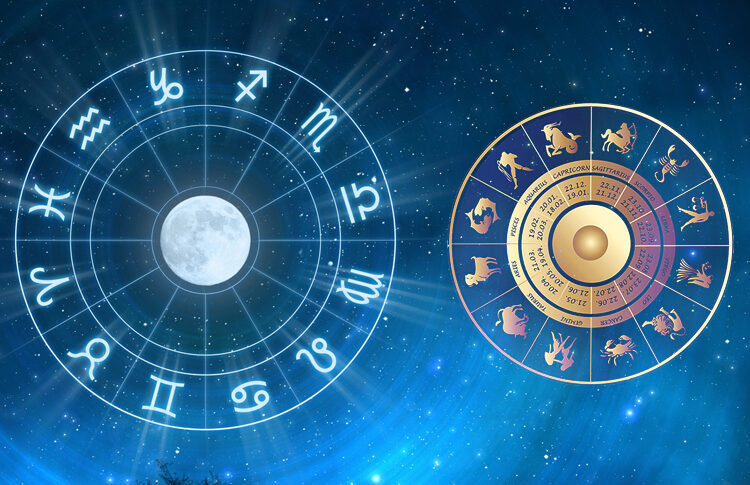“Astrology” the term requires no further introduction. Simply defined, it is the planetary movements that are often believed to have a hold on our past, present, and future. This science dates back to the immortal times. History suggests that it was the Babylonians who first began stargazing as a means of understanding their fate. Later it was popularized in Greece, Egypt, and elsewhere.
Now, as much as it may not be believable now, this science had a staunch hold on the English genteel class as well with Alan Leo being referred to as the propagator of the modern form of astrology. Indians also must be known for their own fair contributions to this subject. From our sages to any astrologer in Canada, England, or elsewhere, they have all done their fair share to bring this ancient science to the foreground.
Yet, with changing times, questions do arise. Questions like how relevant this subject is in the 21st century? How is its popularity? Is there any difference in its practice among the Indians and others? This blog attempts to answer all of them. Let’s not tarry anymore!
Relevance of the practice of Astrology:
This part is easy to answer when it comes to the Indian context, the practice and popularity of astrology are undoubted. Our society has been believing in it for ages and that trend does not look like it’s going to die down anytime soon. From birth to death, all the important events are carried out by consulting the planets. The concept of the natal chart or Kundli is also quite prominent and is consulted before marriages. The same fervor for astrology is also found in the NRIs. The recent demand for authentic astrology services internationally is evidence of this. The popularity is so much so that in recent times we are seeing the rise of internet-based Astro services.
But the scenario changes when we talk about the interest of westerners in this science. Sadly, popularity has seen some decay amongst them due to a lack of belief. Multiple astrologers believe it to be a result of changing attitudes and society. They tend to be more interested in tarot or charms or other simpler astrological implements.
The popularity of the subject:
The point of popularity is intertwined with the preceding point of relevance. Among the Indians, it has always been a matter of discussion and acknowledgment. How we see astrology being practiced among the Indians is quite different from the rest of the world. For us, tarot cards are irrelevant. Although we do believe in star signs. We mostly abide by the natal chart and Doshas (follies) present therein.
In western countries, astrology seems to be making a comeback albeit in a particular form. According to various stats, zodiac signs are known by almost 85% of our adult population. Although, this does not prove that all of them are believers. Thanks to social media and quirky astrology quizzes it is somewhat an understood subject on the western side. Equally popular is the tarot card reading procedure.
How is the practice of the subject?
This is perhaps the most contrasting area when it comes to the discussion. In India, the practice is rampant with services now being offered across offline, online, and even chat-based services. Our traditional rituals do require the support of the Astro to complete any auspicious events, one of the key factors of the high demand. The same goes for our NRI brethren. According to an astrologer in Toronto, there is also a high demand for genuine and honest astrologers overseas. This can easily be understood by a simple google search.
Among the western population, the style of astrology is different as already mentioned. Hence, their demands when looking for an expert in this field are also quite different. They tend to opt for tarot card readers, fortune tellers, or apps and websites that can tell them specifically about their star sign. This style is popularly called as “western style” of astrology and is a direct descendent of Babylonian astrology. The most popular usage of astrology in the west seems to be the daily reading of horoscopes.
Thus, it can be said that, in a nutshell, the discussion has neared its end. As our world progresses and older practices disintegrate into oblivion, it is refreshing to see astrology hold its place so consistently. Psychology thinks much like religion, likening to astrology is also a way to release our inner stress. There are multiple stigmas attached to this subject but it is no denying that astrology is here to stay, no matter what its style or form.





